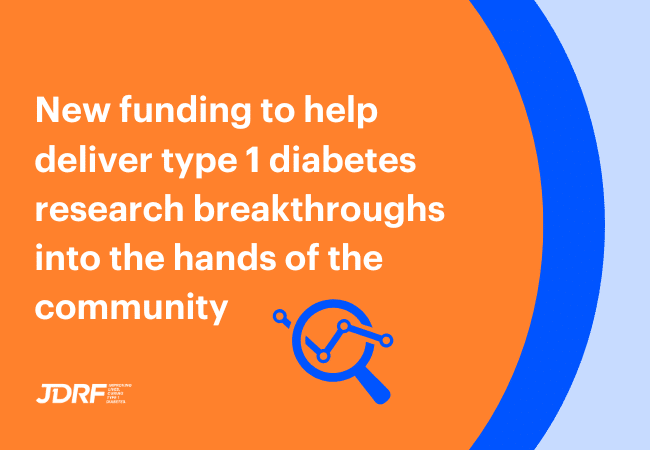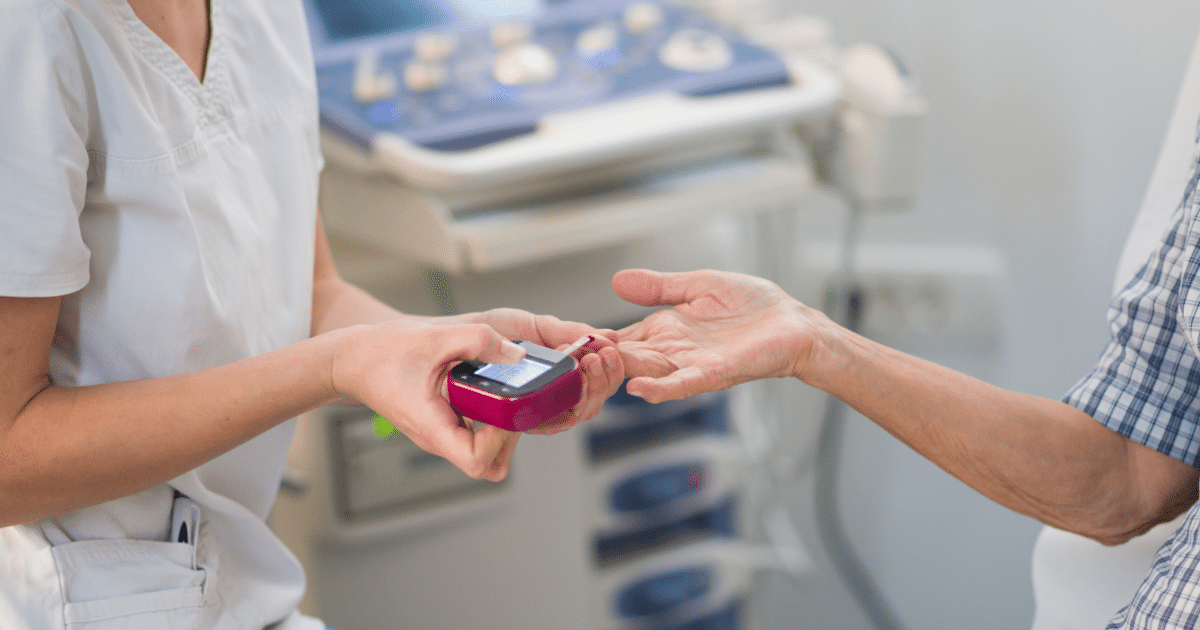New Science Accelerator Grants Awarded to Early-Mid Career Researchers
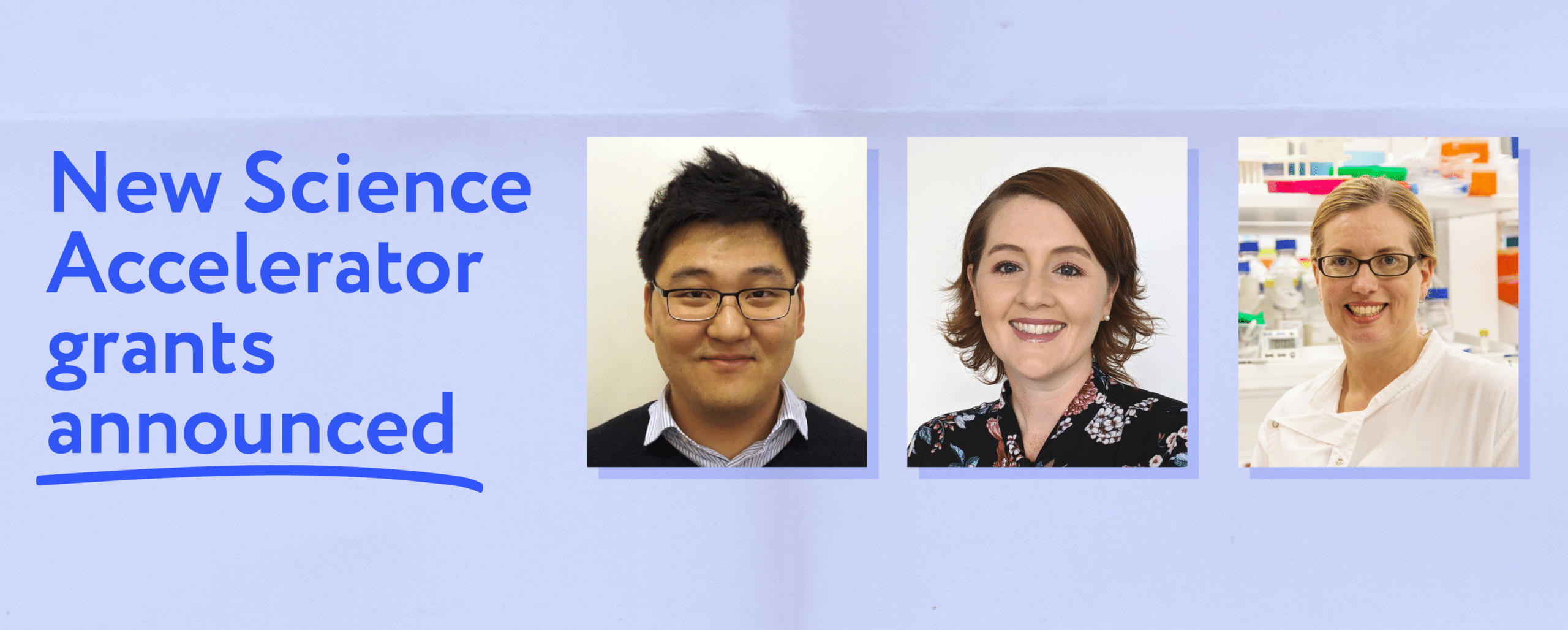
JDRF and The Leona M. and Harry B. Helmsley Charitable Trust are excited to announce more than $1.2 million in new funding for three outstanding early-mid career Australian researchers.
The ENDIA Early-Mid Career Science Accelerator Awards will support the researchers in carrying out new projects using samples collected as part of the ENDIA study, the only type 1 diabetes study in the world that has collected samples from early pregnancy to childhood.
Awarded as part of an ongoing partnership with The Leona M. and Harry B. Helmsley Charitable Trust, the awards will support these early-mid career researchers in becoming research leaders.
Together, the outcomes of their research will help to build an even clearer picture of how small changes in the body build up to cause type 1 diabetes, and how we can harness this knowledge to ultimately prevent or cure the disease.
The three grant recipients are:
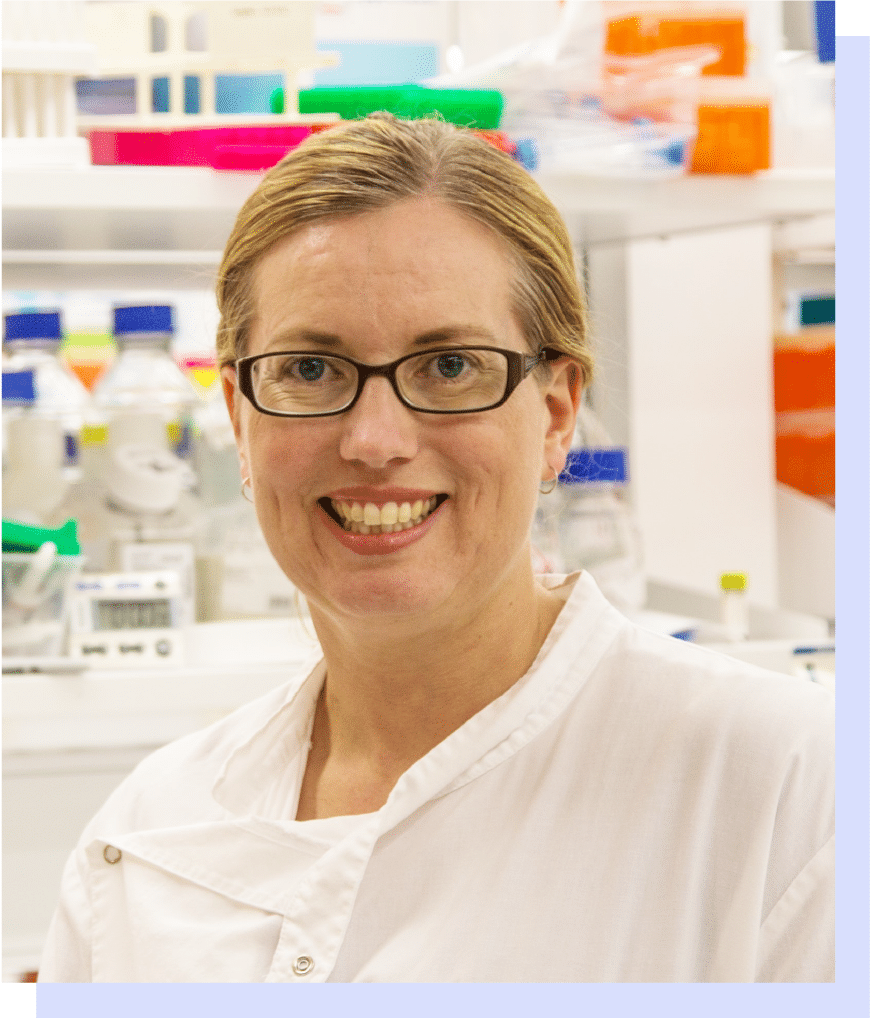
A/Prof Emma Hamilton-Williams, University of Queensland
A/Prof Hamilton-Williams is a Principal Research Fellow at the University of Queensland Diamantina Institute. She has been funded by JDRF since 2013 for her work investigating the role of gut bacteria in the development of type 1 diabetes, and in 2017 she completed the JDRF and Macquarie Foundation Future Leaders Program. With this new grant, A/Prof Hamilton-Williams is taking a new approach to her research on the link between gut bacteria and risk of future T1D in pregnancy and early infancy. The project will develop new tools to look at the interactions between gut bacteria and the intestine – thought to be a key trigger for T1D. A/Prof Hamilton-Williams aims to shed light on this complicated interaction, which could help with preventing T1D in the future.
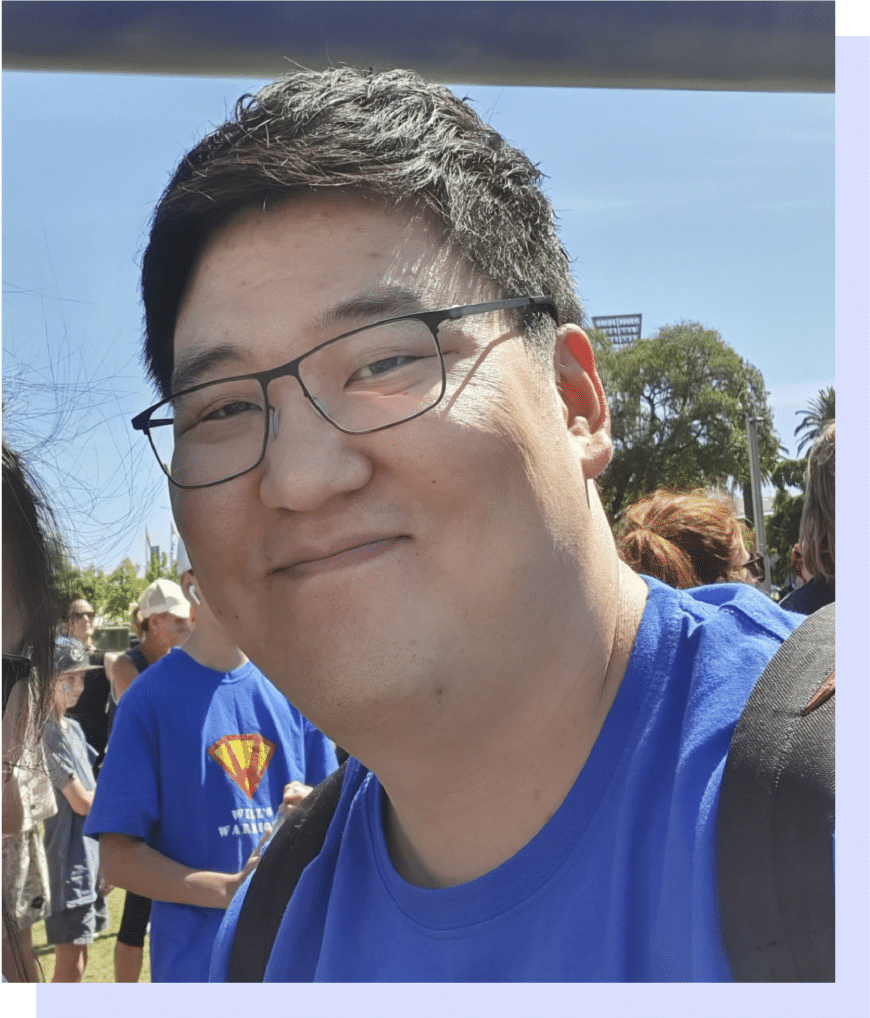
Dr Ki Wook Kim, University of New South Wales
Dr Kim is the Lead Postdoctoral Scientist for the Virology theme within ENDIA. He participated in the JDRF/Macquarie Foundation Future Leaders Program in 2018, received the Lindsey Baudinet Rising Star Award in T1D Research from the Australian Diabetes Society in 2019, and is the recipient of a JDRF International Postdoctoral Fellowship.
Dr Kim’s research focuses on the link between all viruses in the gut (the “virome”) and T1D. Using this new grant, Dr Kim will expand his existing hunt for gut viruses causing T1D to include respiratory viruses. Using more than 1,500 throat swabs collected during ENDIA, Dr Kim will look at every respiratory virus that mothers and babies in ENDIA have been exposed to before T1D develops. Through this analysis, Dr Kim aims to find out whether respiratory viruses play a role in T1D development, and which viruses will make the best targets for a T1D vaccine.
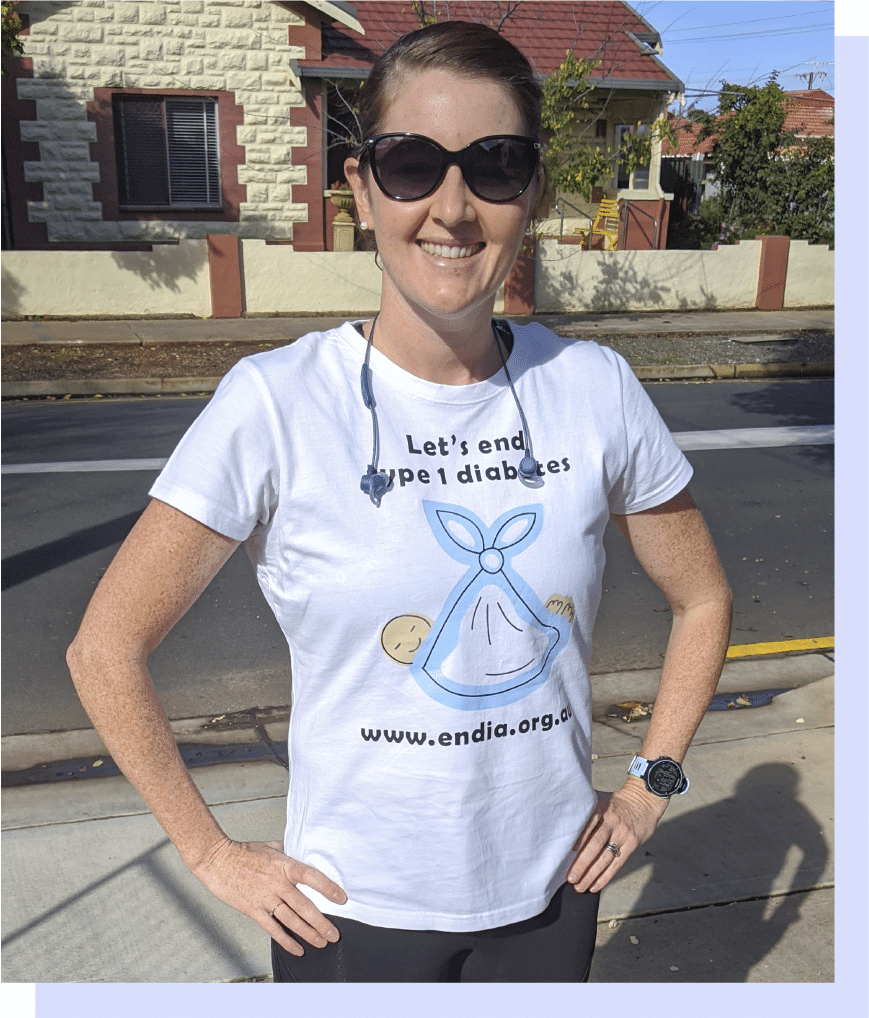
Dr Megan Penno, University of Adelaide
Dr Penno has been National Project Manager on the ENDIA study since 2012, and completed the JDRF/Macquarie Group Foundation Future Research Leaders Program in 2018.
As part of her new project, Dr Penno will use blood samples from ENDIA to find molecules that could act as markers of T1D risk.
We already know that islet autoantibodies can predict T1D risk, but these autoantibodies are products of the autoimmune attack. Dr Penno will look for predictors that appear even earlier, potentially giving us a chance to stop T1D before it takes hold.



